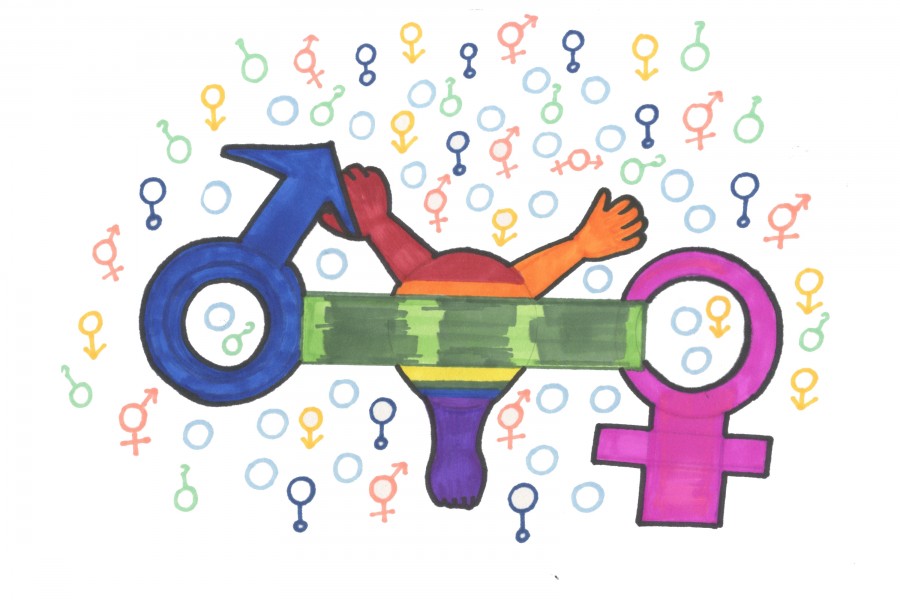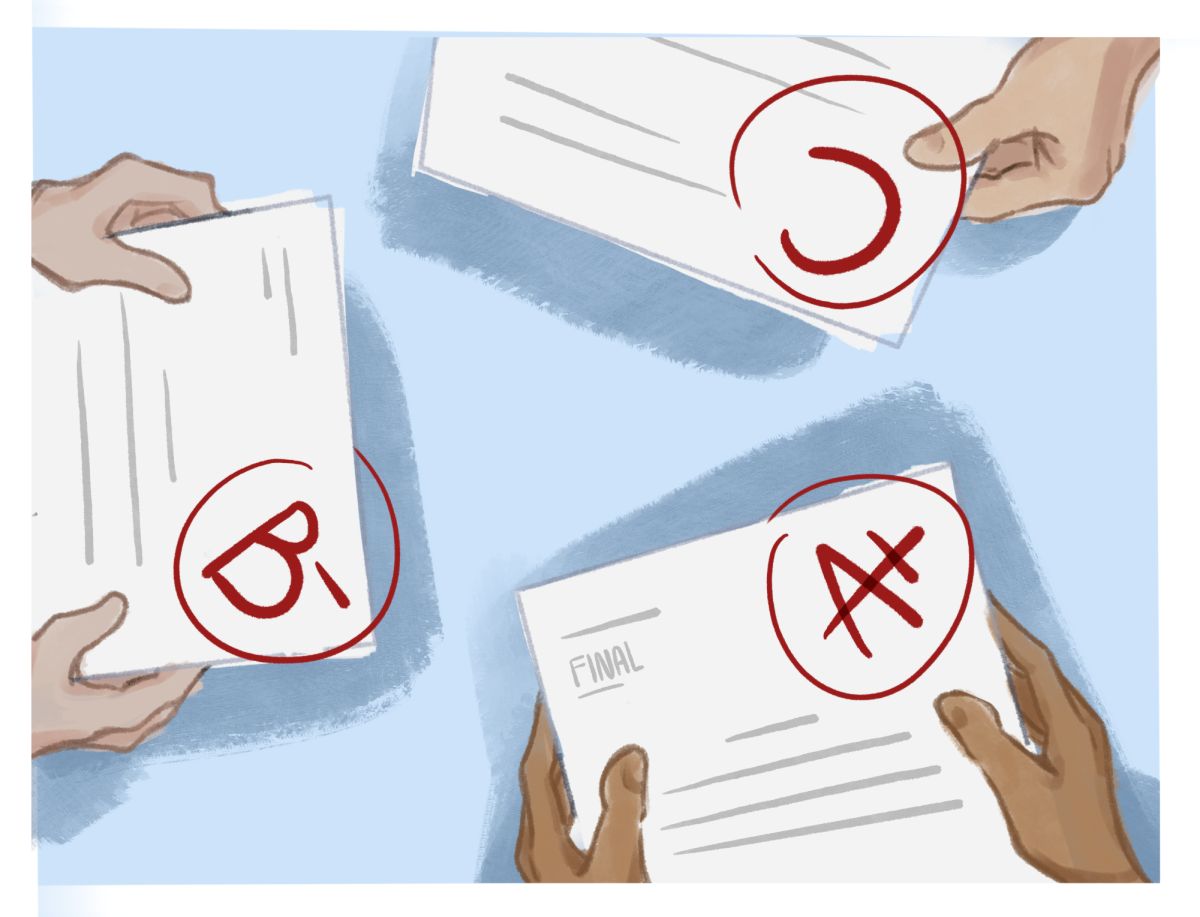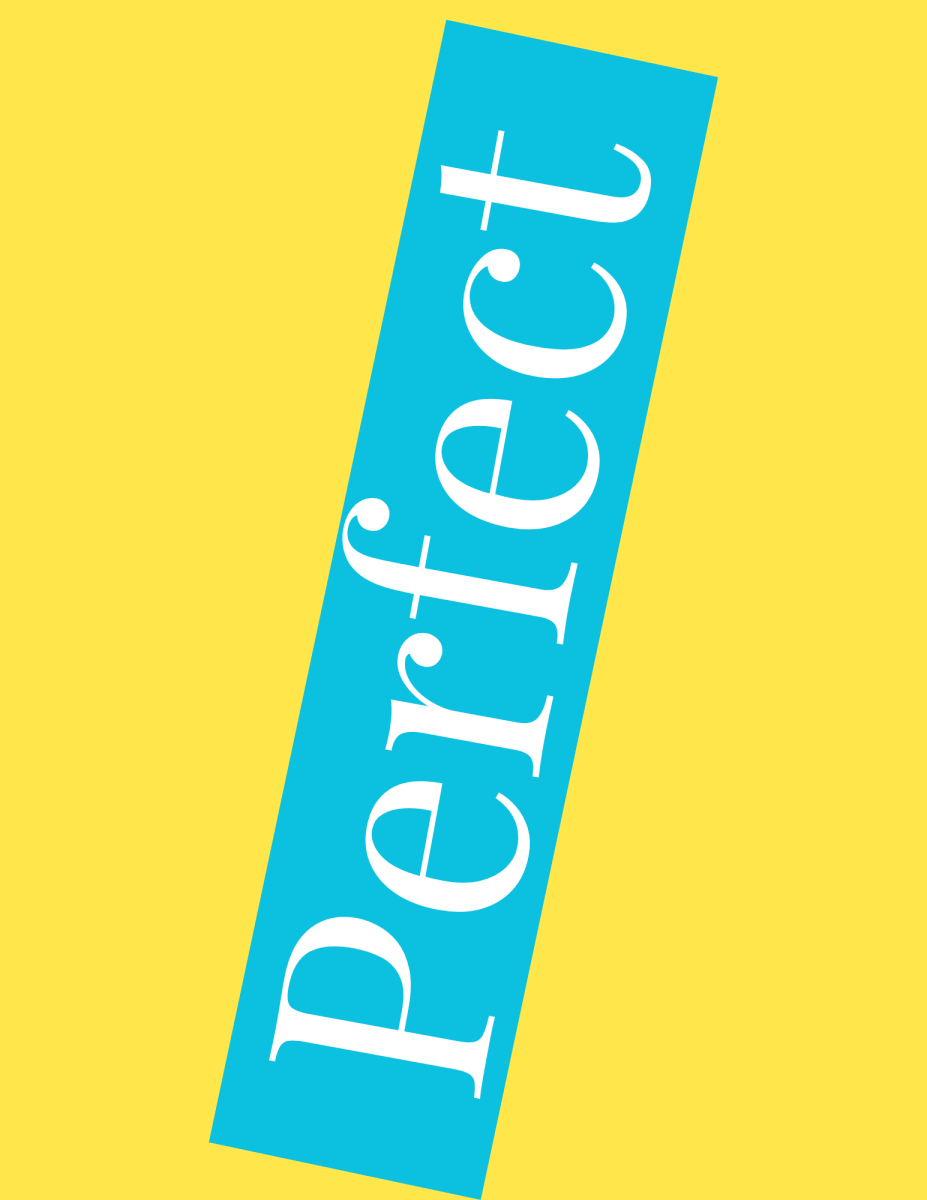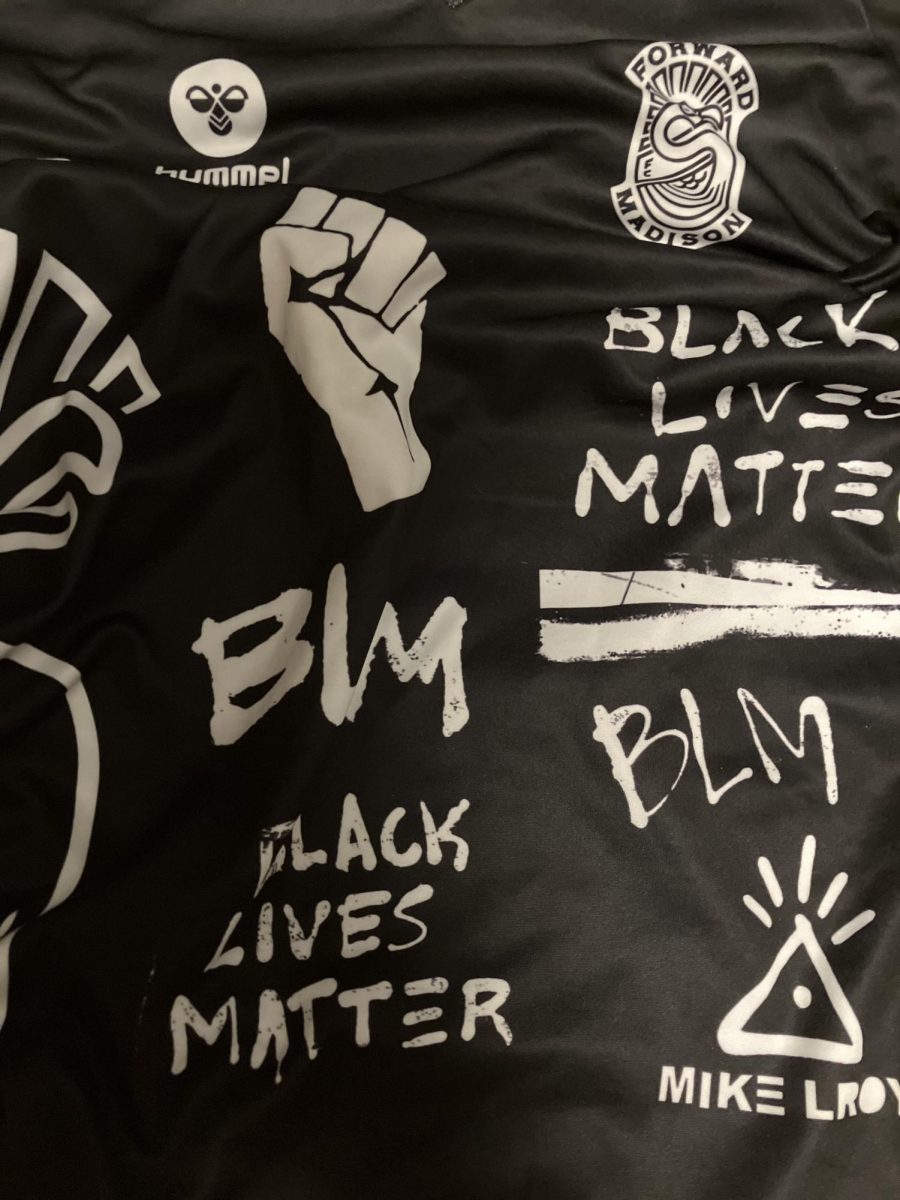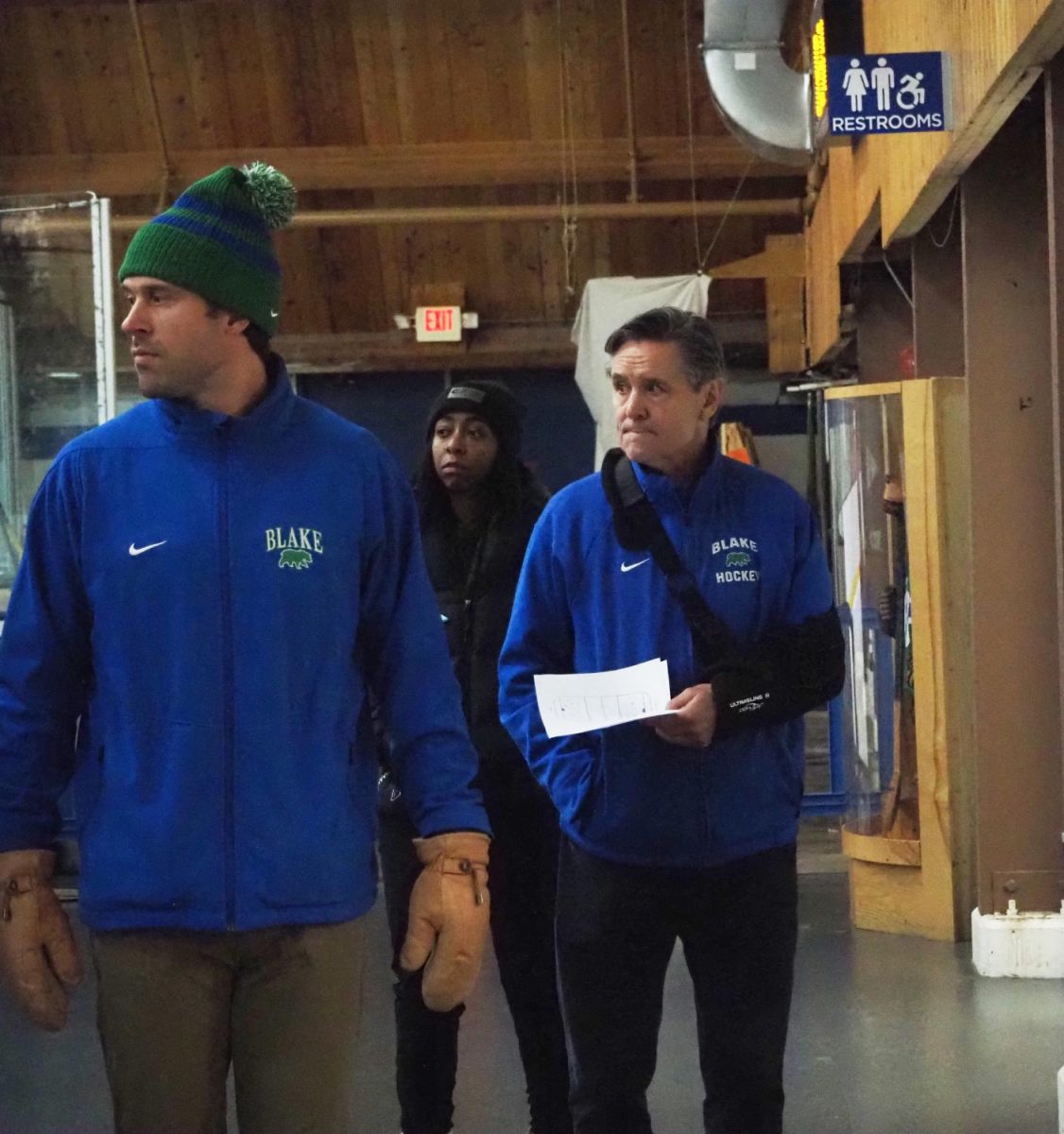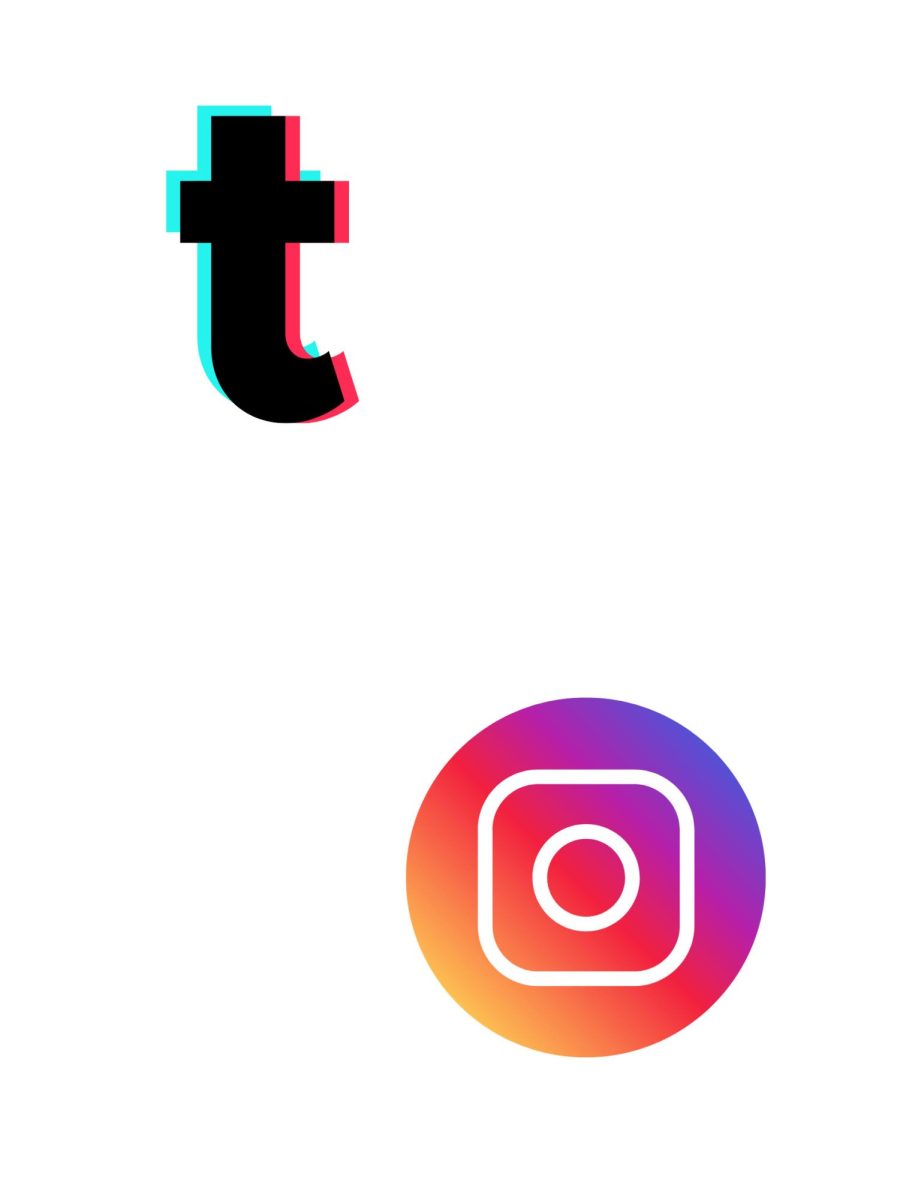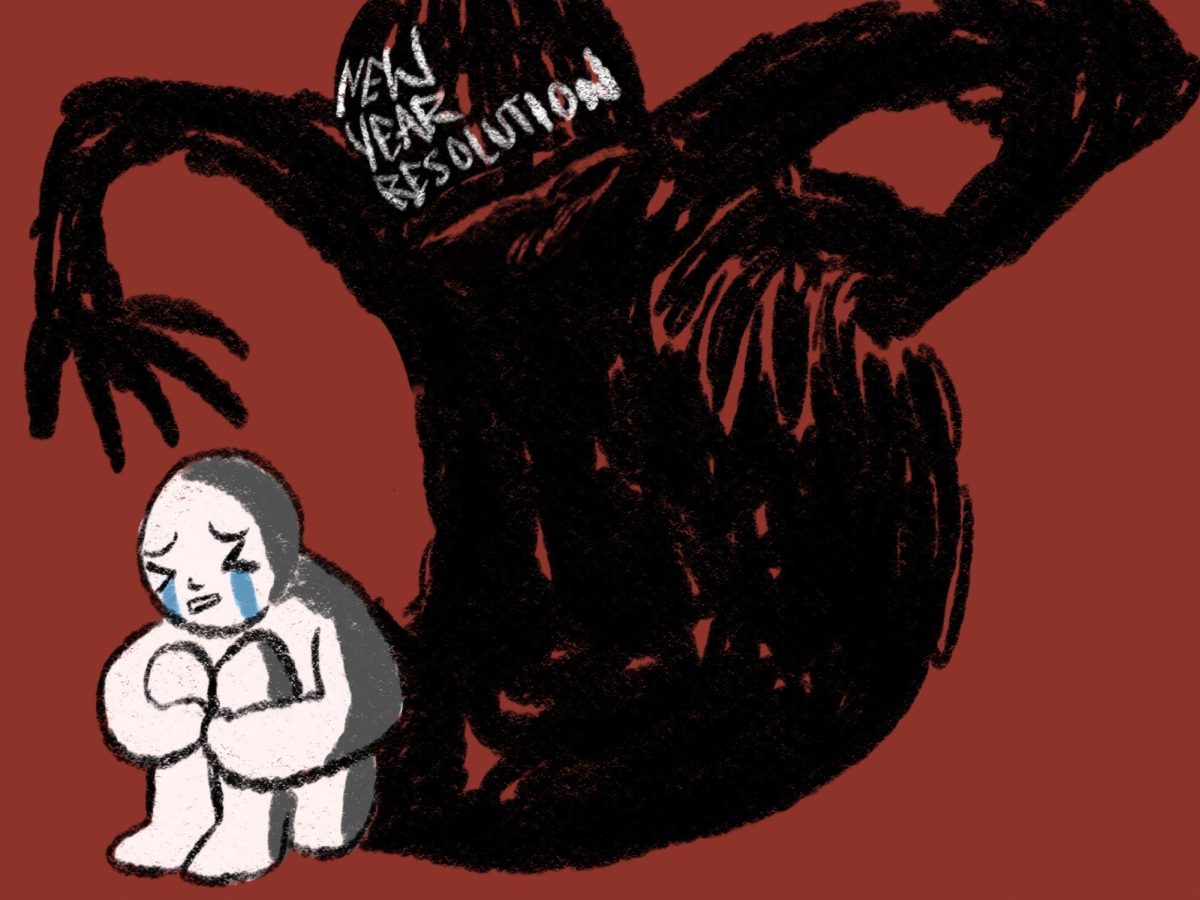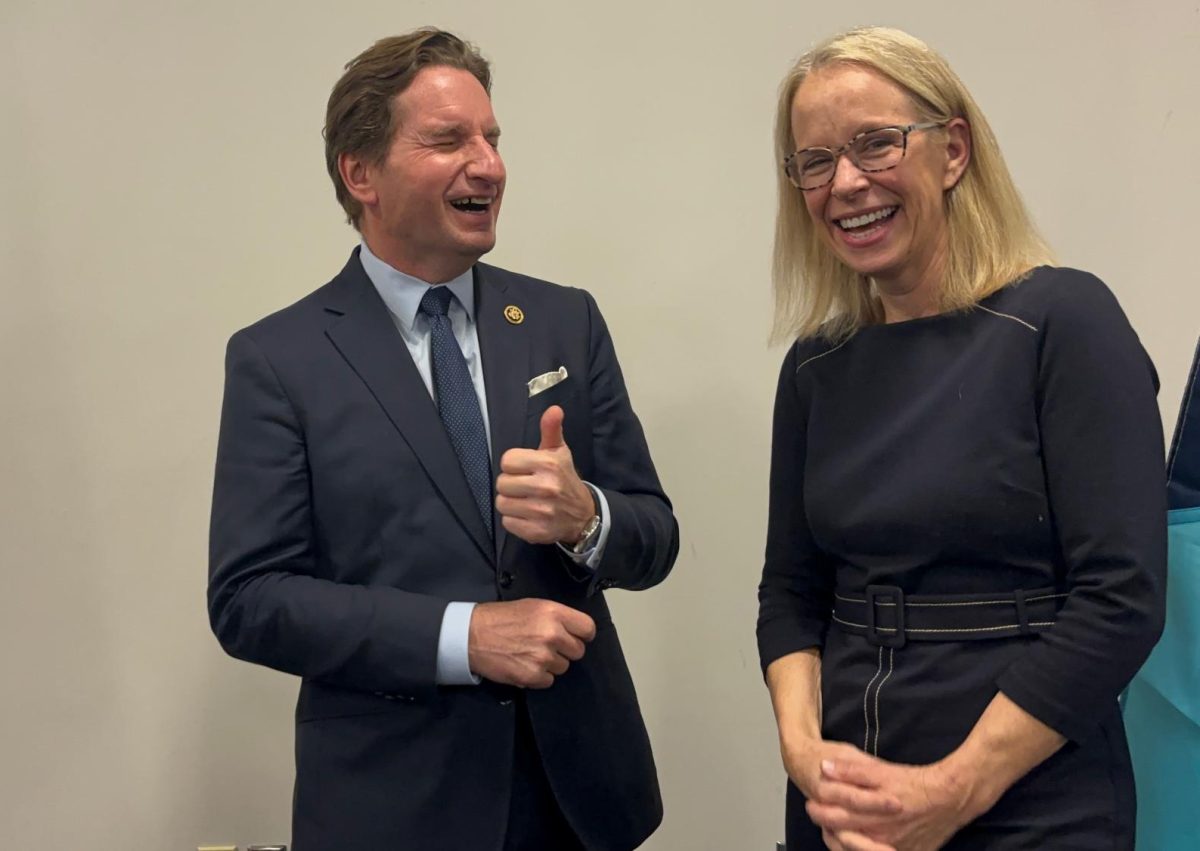It’s the beginning of a school year, your teacher is reading off names, and they get yours wrong. And even though you remind them, it persists.
If you’re new, many students might get your name wrong, too. You’re left feeling like they just don’t care enough. With gender pronouns, it’s not just about a name, but an identity. This is a real situation that many transgender students face daily.
The term transgender is defined as a gender identity that differs from sex at birth. Gender is not binary, but rather a spectrum, and one’s identity could be on the opposite side of the spectrum, anywhere on it, or not on it at all.
One of the ways in which gender is expressed is by the pronouns used to describe a person. Since sex is an external trait, and gender an internal, many trans people are mistakenly called the pronouns associated with their sex, not their gender.
“It is very tempting and part of an ingrained reflex that we first gender people and assign them a pronoun based on what gender we believe they are,” says Lower School teacher and former Justice League member Charlie Billadeau.
When this happens, it is called misgendering, and although often unintentional, it can be incredibly hurtful.
The best way to avoid such a thing happening is to ask for the pronouns someone prefers when you meet them, so there is no confusion, a practice which has become increasingly popular at Blake.
To some, this practice may seem trivial, but to others, it can mean the acceptance of a community.
“Correct pronouns affirm [to trans students] that you understand who they are and that you support them,” says Ben Cady, Upper School Social Studies teacher.
Having a strong community where everyone can bring their whole self is a goal that every one of us should hope to attain, and if we make everyone feel welcome through implementing introductions, our entire community will benefit.
“It’s not difficult at all, and it greatly benefits many people,” says Lucy Burton, ‘17. It also spreads awareness for issues regarding trans people, which are in need of greater publicity.
Finally, this practice gives much needed affirmation to trans students. “People who do not experience being misgendered on a daily basis, they have a certain privilege of being seen as a full person,” says Billadeau.
Following a faculty workshop, teachers have begun to implement this practice, and some students noticed even all of their teachers doing introductions at the beginning of the year.
Furthermore, “Students have been really supportive,” says Cady. The Justice League and GSA have been hard at work, and through assembly presentations, we have started to gain a popular understanding.
However, there is still further to go. There are still teachers who haven’t yet adopted the policy, and this should not be taken as a bad reflection on them, but an opportunity for change. Next semester, new classes are excellent opportunities to adopt this practice more fully.
Pronoun introductions are an easy task that can benefit many positively. “Blake is generally a really tolerant place, but the rest of the world isn’t. Hopefully this trend will catch on in Minneapolis, and maybe even the world!” says Cady. It would be a great thing indeed to see this catch on in the whole world, but for now, let’s try and change our own community.

